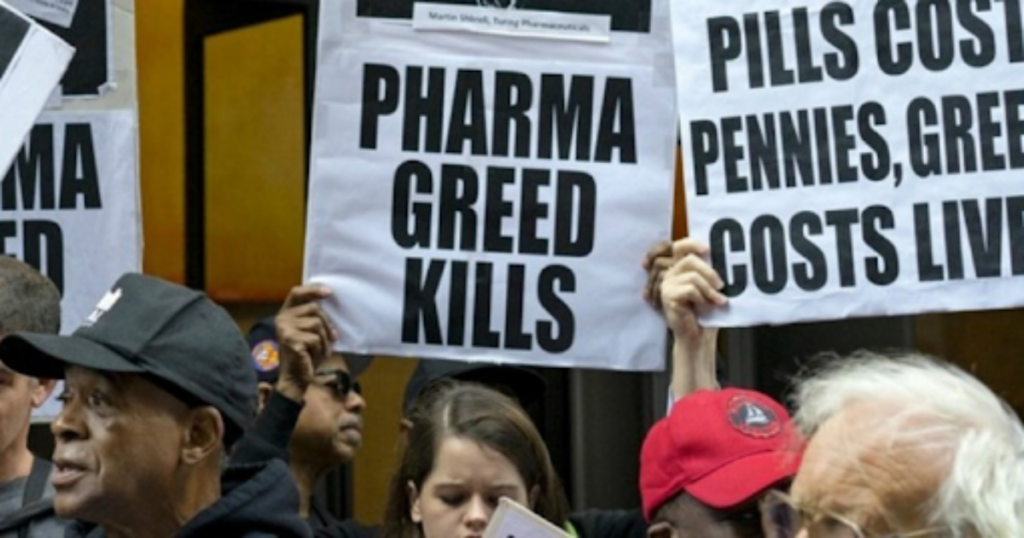Following former President Trump’s decisive electoral victory, significant unrest has emerged among the leading executives of major pharmaceutical companies, often referred to as Big Pharma. Reports suggest that the CEOs of five of the largest pharmaceutical firms conducted an urgent teleconference to strategize in response to the incoming administration’s commitment to radically change the landscape of U.S. healthcare, with a specific focus on diminishing Big Pharma’s grip on it. Jamel Holley, New Jersey’s Assemblyman and a close advisor to Robert F. Kennedy Jr., broke the news via social media, indicating a state of turmoil within the industry in anticipation of upcoming policy shifts.
The urgency of the teleconference was heightened by Robert F. Kennedy Jr.’s potential new role in the Trump administration, where he is expected to spearhead a comprehensive overhaul of federal health agencies like the FDA and CDC. Known for his outspoken criticism of corporate influence in health policy, Kennedy’s approach aims to eradicate what he terms “corruption” in government health agencies, thereby restoring scientific integrity. His stated priorities focusing on enhancing public health over pharmaceutical profits have generated concerns among industry leaders who fear significant regulatory changes could threaten their financial stability.
Trump’s administration is backing Kennedy’s platform, which calls for a return to traditional, evidence-based scientific practices within health agencies and ambitious goals to combat chronic diseases. In a series of statements, Kennedy outlined his vision, which aligns with Trump’s desires for health reform. This alignment has incited concerns within the pharmaceutical sector, specifically regarding anticipated regulatory reforms that could alter the operational landscape in which these companies function, compelling them to adapt or risk significant losses.
During a key industry summit in London, GSK’s CEO Emma Walmsley addressed the precarious situation concerning the U.S. pharmaceutical market, emphasizing the importance of the American market to global operations. Walmsley acknowledged GSK’s investments in the U.S. and underscored the company’s commitment to innovation within this crucial market. Her comments reflect a blend of optimism and caution regarding Kennedy’s impending impact, as she expressed the company’s readiness to collaborate with the new administration—an approach designed to ensure that the company’s interests are safeguarded amid potential upheaval.
Despite GSK’s strong position in the vaccine market, Walmsley reminded stakeholders that their pharmaceutical medicines sector constitutes the core of their business, revealing a growing trend that has seen a 20% increase in this area. In response to Kennedy’s “Make America Healthy Again” initiative, she acknowledged the validity of his perspective, citing troubling health trends in the United States, including a significant gap in life expectancy compared to other developed nations.
As the CEOs of Big Pharma brace themselves for the possible overhaul of healthcare policies and regulations brought about by Trump and Kennedy, the American public stands on the threshold of potentially transformative reforms in the healthcare industry. The anxiety demonstrated by pharmaceutical executives signals that profound changes are not only on the horizon but are already fostering discussions and actions aimed at navigating this new political landscape. The convergence of political will and the necessity for reform could redefine how healthcare operates in the United States, marking the start of a new era in public health with the promise of more transparent and scientifically grounded practices.

